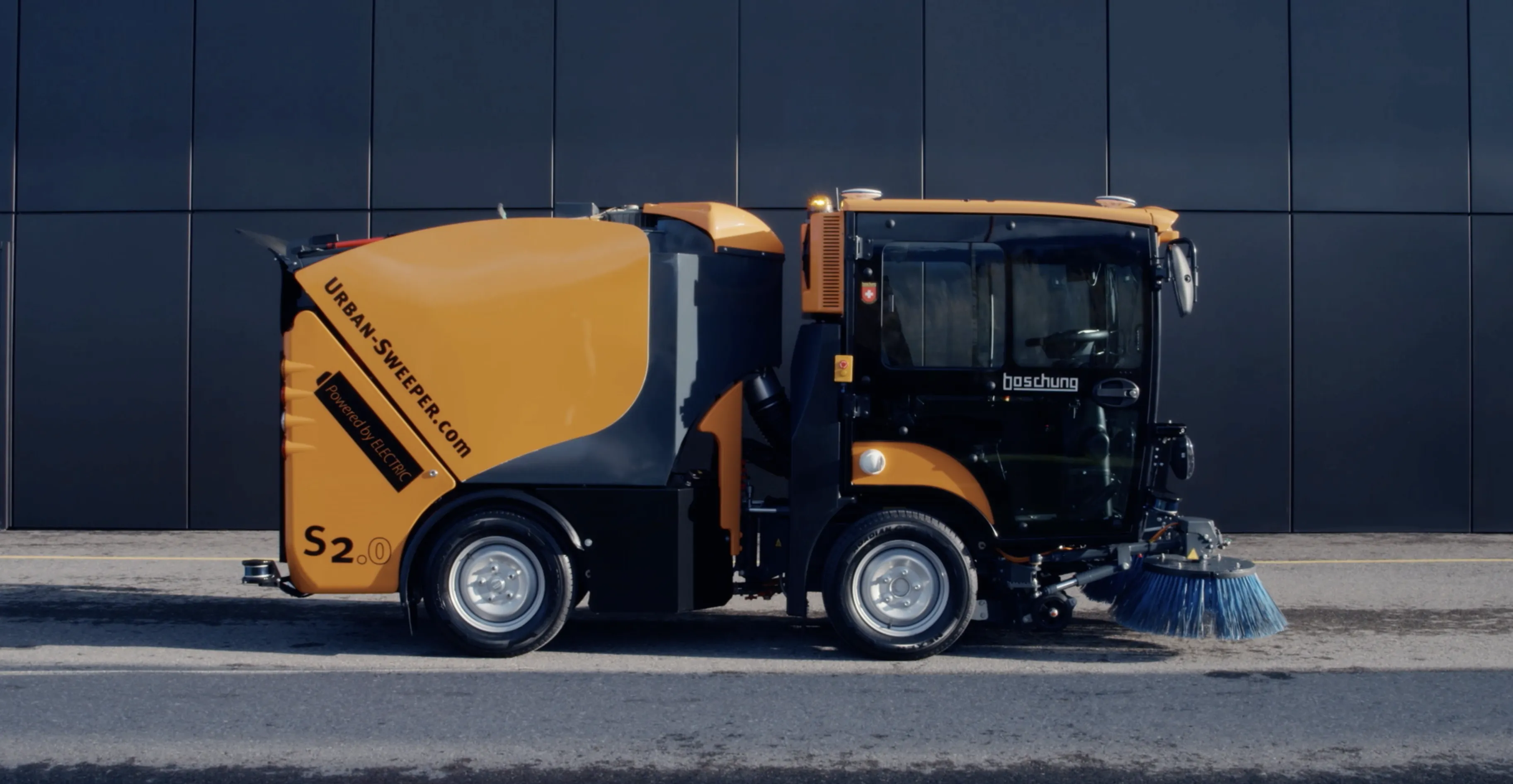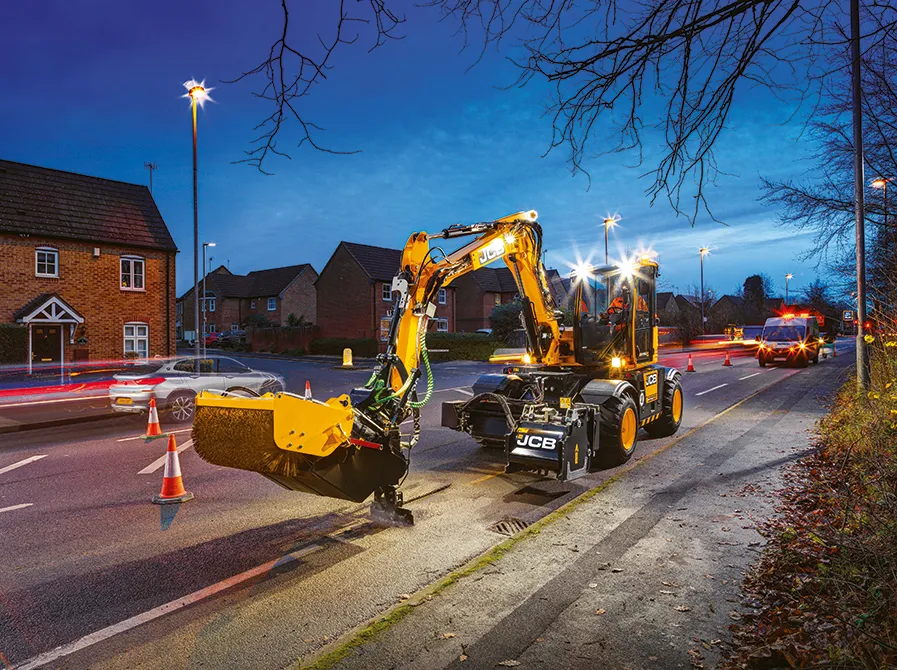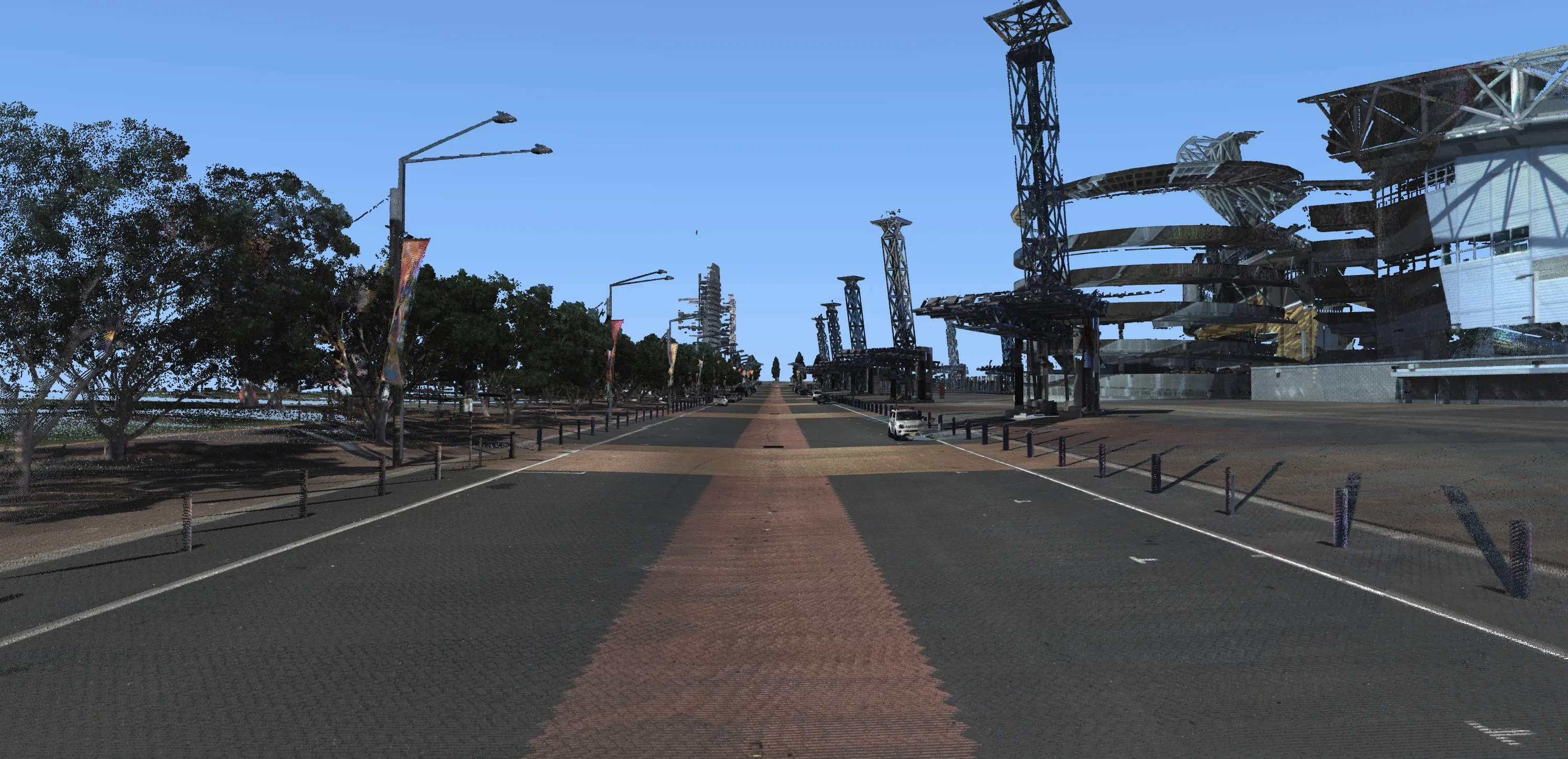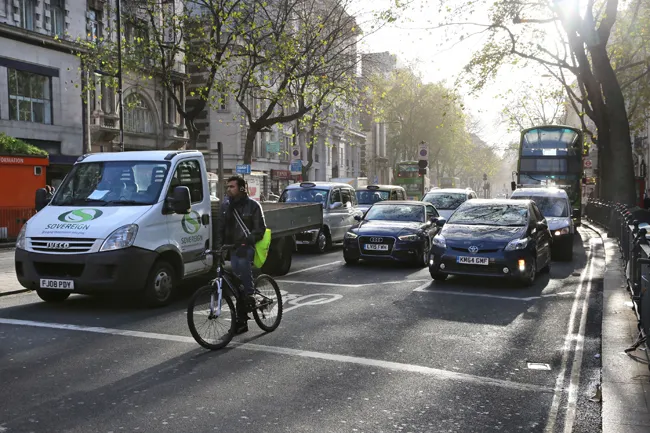
Swiss company Boschung says it has made its 100% electric street sweeper, the Urban-Sweeper S2.0, now fully autonomous.
The sweeper uses autonomous technology from WIBOT, a joint company formed by Boschung, based in Payerne, Switzerland, and Autowise.ai, based in both the US state of California and in Shanghai, China.
Boschung created the articulated but compact diesel-powered Urban-Sweeper S2 in 2013 and in 2018 replaced the fossil-fuel engine with a battery system. In its autonomous mode it has a full eight hours of duty, according to the company. As well, because it is electric, noise pollution is low and the machine can operate day or night in most low-noise environments.
The latest version is equipped with a combination of lidars, cameras, mm-waves radars and gps antennas which gives the unit a 360° coverage of its environment. The accurate and efficient recognition algorithm allows the sweeper to track all objects in sight simultaneously, notes Boschung. The machine also has autonomous wake-up and autonomous parking,
The Urban-Sweeper S2.0 driven by WIBOT can be used in closed areas as well as safely sweep public streets with a level 5 certification. Boschung says that the autonomous sweeper performs its tasks in strict adherence to the operation protocol until the cleaning cycle is achieved, leaving no chance for dirt.
There is also a manual mode for driving.
Boschung Group, based in Switzerland, provides solutions to detect and manage traffic surface conditions for airports and roads, both urban and major routes. Solutions include ice early warning systems as well as the manufacture of snow removal vehicles, mobile and fixed de-icing equipment.
Autowise is a global producer of autonomous cleaning technology for public roads and in private facilities. Autowise operates a fleet of over 50 autonomous sweepers, ranging from two tonnes to 18 tonnes. They perform highway cleaning in Shanghai and daily city district sanitation in Suzhou – also in China. In Germany, their machines are on night shift cleaning duties at a metal recycling plant in Wilhelmshaven, and are on regular car park cleaning in the US city of Phoenix.









